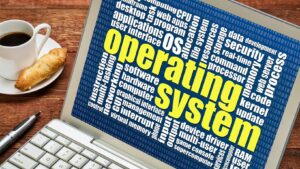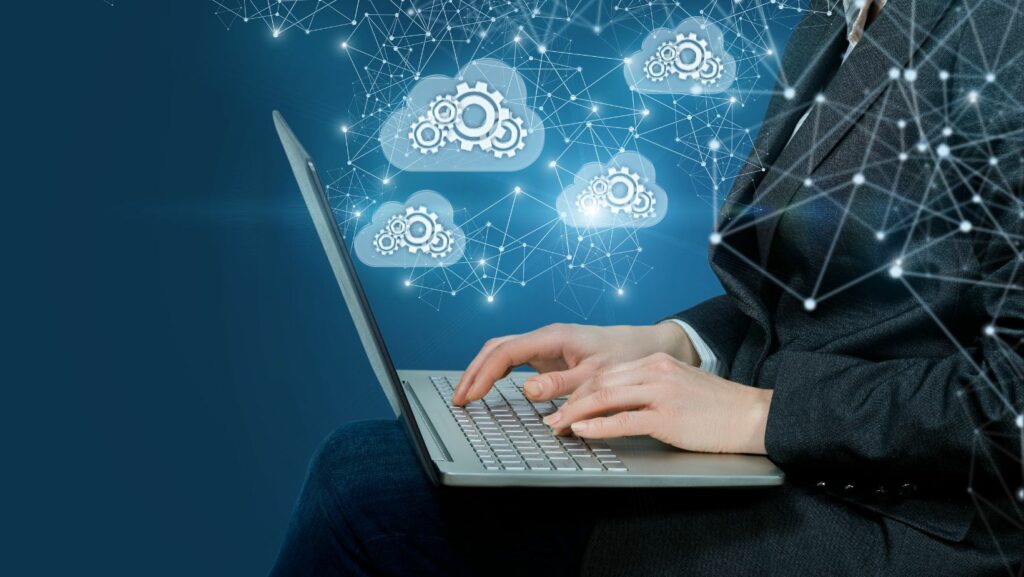In today’s digital age, the allure of pirated operating systems is hard to ignore. They’re often free, readily available, and seem to offer the same functionality as their legitimate counterparts. But what’s the real cost of using these unauthorized versions?
So, if you’ve ever been tempted to install a pirated operating system, or you’re simply curious about the topic, stay tuned. We’re about to unpack a side of the tech world that’s often overlooked, yet incredibly important to understand.
Pirated Operating Systems
To fully grasp the contested terrain of pirated operating systems, a clear awareness of the subject matter becomes crucial. This section provides in-depth analyses tackling the concept of software piracy in addition to a review of the most frequently pirated operating systems.
The Concept of Piracy in Software
 Defining software piracy remains key in understanding pirated operating systems. In essence, software piracy refers to the copying, distribution, or usage of a piece of software without proper authorization from its original or rightful owners.
Defining software piracy remains key in understanding pirated operating systems. In essence, software piracy refers to the copying, distribution, or usage of a piece of software without proper authorization from its original or rightful owners.
Focusing on pirated operating systems brings to the fore specific software frequently targeted by pirates. Windows operating systems, particularly Windows 7 and 10, rank high on this list. Due to their widespread usage, they’ve become more susceptible to piracy. The free but unauthorized distribution of these operating systems often lures users into a false sense of cost savings.
Risks of Using Pirated Operating Systems
Succumbing to the temptation of using pirated operating systems can lead to potential risks ranging from security threats to legal troubles.
Security Vulnerabilities
A primary risk factor involves security vulnerabilities. Pirated operating systems often contain malicious code. Upon installation, these systems expose the user’s computer to malware, such as viruses, trojans, and ransomware.
Legal Repercussions
Next, users face legal repercussions when using pirated operating systems. Unauthorized usage of software constitutes copyright infringement, attracting legal penalties that include hefty fines and potential imprisonment.
Lack of Updates and Support
Lastly, using pirated software jeopardizes the user’s access to necessary updates and technical support. Modified, pirated systems often deny access to essential security patches and bug fixes distributed by the official software producer.
Alternatives to Pirated Operating Systems
The previous sections have unveiled the peril of pirated operating systems, spotlighting potential legal troubles, cybersecurity threats, and moral implications. Recognizing these concerns, several alternatives allow users to operate their computers without resorting to unauthorized software.
Open-Source Operating Systems
 Open-source operating systems, such as Linux-based alternatives, offer legitimate alternatives to pirated ones. They’re designed by global communities of developers, made available to the public at no cost, and provide the source code, enabling users to modify and enhance the software freely.
Open-source operating systems, such as Linux-based alternatives, offer legitimate alternatives to pirated ones. They’re designed by global communities of developers, made available to the public at no cost, and provide the source code, enabling users to modify and enhance the software freely.
Linux, a primary exponent of open-source systems, comes in numerous distributions (distros), such as Ubuntu, Fedora, and Mint. Each distro offers a unique blend of features, allowing users to choose which best fits their needs.
Affordable or Free Versions from Official Vendors
Authorized vendors often release affordable or gratis versions of their software to reach a wider audience. These versions may include fewer features compared to their premium counterparts, yet they typically provide essential operations and security updates.
Windows 10, for example, offers a free upgrade for qualified Windows 7 and Windows 8.1 devices. It’s a legitimate alternative provided by Microsoft that assures users receive critical updates and technical support.
Must Know
Pirated operating systems pose significant risks and consequences that can’t be overlooked. They’re a gateway to legal issues, security threats, and ethical dilemmas. It’s clear that the dangers of malware exposure and lack of technical support far outweigh any perceived benefits. The good news is there are plenty of legitimate, cost-effective alternatives available. Open-source Linux-based distros like Ubuntu, Fedora, and Mint offer robust, free options. Even official vendors are stepping up, with Microsoft and Apple providing affordable or free versions of their operating systems. By choosing these alternatives, users can sidestep the pitfalls of piracy and contribute to the innovation and development of the software industry.

